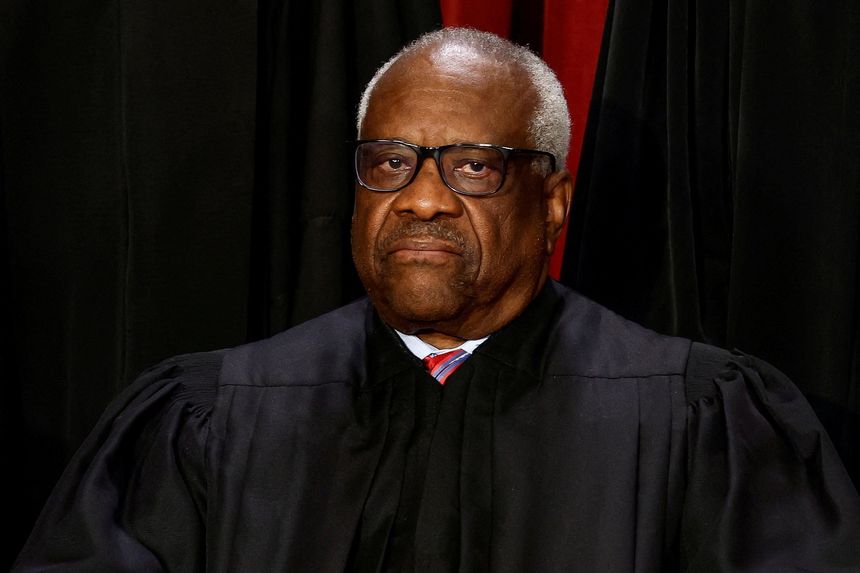Melina Korfonta ’25
News Editor
Washington, D.C. –– On Friday, Justice Clarence Thomas of the Supreme Court claimed that he had been told that lavish vacations paid for by a billionaire friend and conservative activist qualified as “personal hospitality” and were exempt from disclosure. According to ProPublica, Thomas has taken travels across the world from Harlan Crow, a Dallas businessman and significant donor to legal and judicial causes, for more than 20 years. These trips included travel on a super-yacht and a private plane. Top government officials are required by federal law to submit annual reports outlining their finances, outside income, and the sources of their spouses’ income, but the judicial branch has not explicitly specified an exception for presents deemed to be “personal hospitality.”
The Judicial Conference updated those regulations last month to be more precise, requiring notification whenever judges are given access to stays at commercial facilities, such as hotels, ski resorts, or other exclusive getaways held by a business as opposed to an individual. It is “breathtaking,” according to Stephen Gillers, a law professor and ethics specialist at New York University, for Thomas to “blame” unidentified judges. According to ProPublica, Crow has paid for a variety of travels, including a nine-day trip to Indonesia in 2019 that would have cost the pair more than $500,000 to pay for on their own.
Republicans either backed Thomas’s right to go on vacation with friends or said nothing in response to the revelation while Democrats reacted angrily and some called for Thomas to resign. Questions were left unanswered by Thomas’ one-paragraph statement. Thomas revealed that Crow had given him two gifts over the previous 18 years, including a prize from Yale Law School and a $6,484 Frederick Douglass bronze bust. Additionally, the Crows supported organizations linked to conservative activist Ginni Thomas, funded a documentary about Thomas, converted a cannery into a museum in Thomas’ honor, and funded a library wing. Crow asserted that he has not attempted to sway the justice in cases currently before the court.
Ethics experts and proponents of judicial transparency stated the exemption for “personal hospitality” may be interpreted in many ways, and they disagreed on whether or not private air travel should be recorded. The expensive trip arranged by the Crows, according to detractors, demonstrated the necessity for a strict code of behavior for the Supreme Court. Because he was a lawyer for a federal agency at the time and executive branch regulations forbade receiving gifts, Mark Paoletta paid for his portion of one of the Crow-sponsored trips. There has been no mention as to whether the justices themselves were questioned by investigators.





+ There are no comments
Add yours